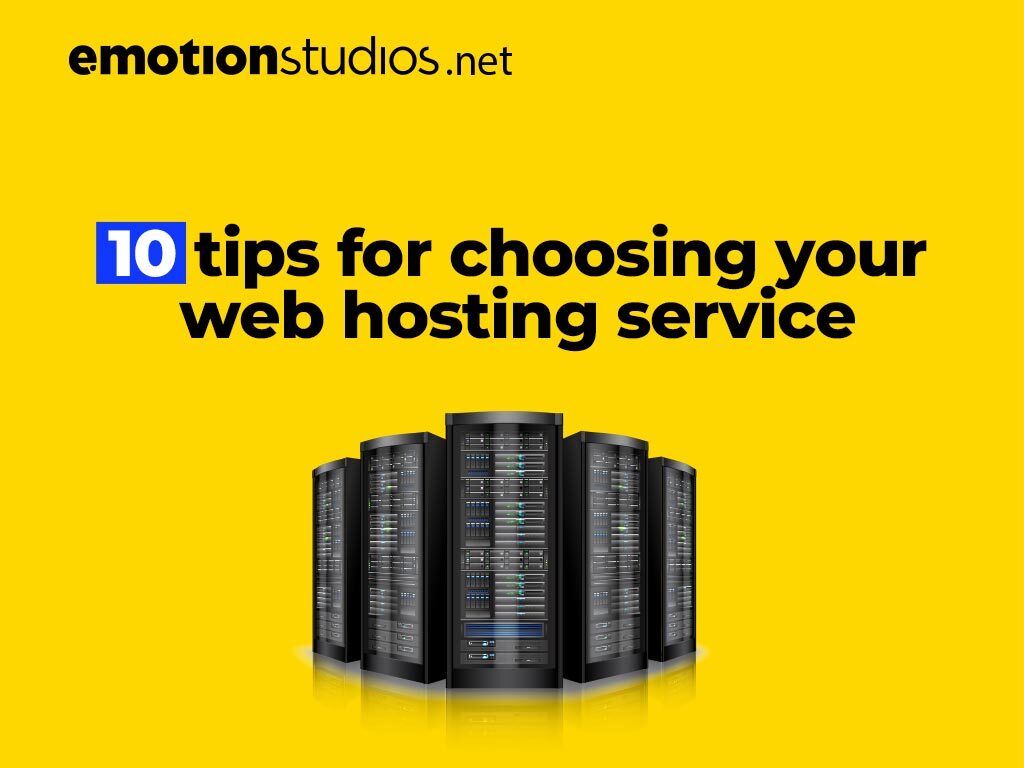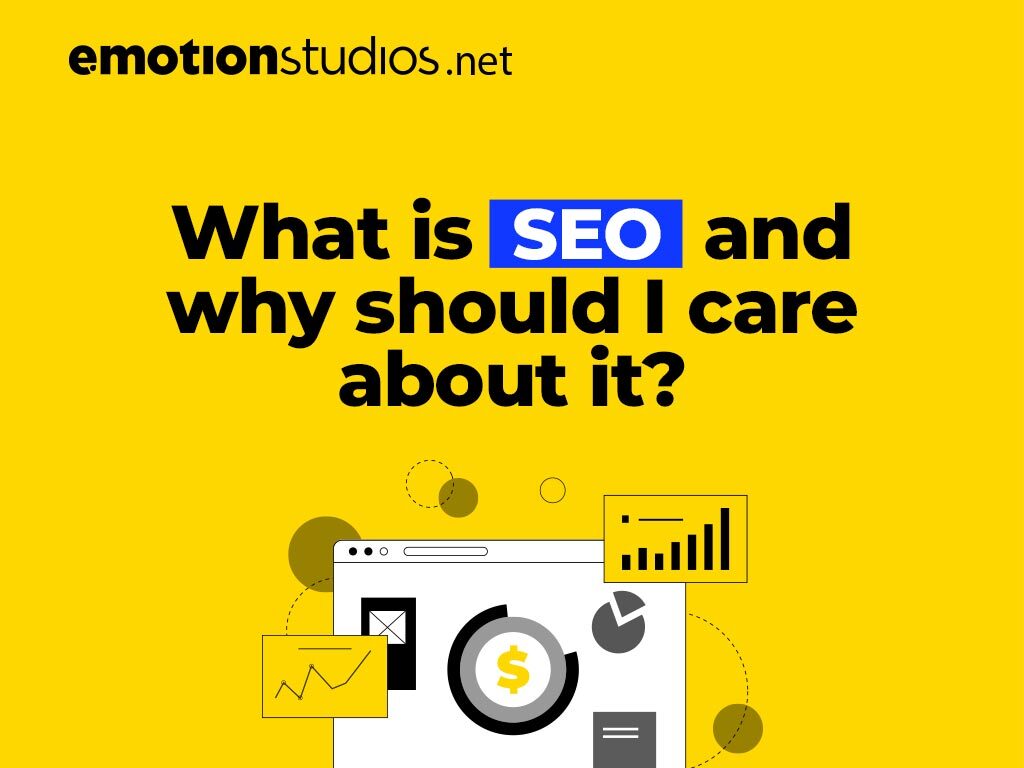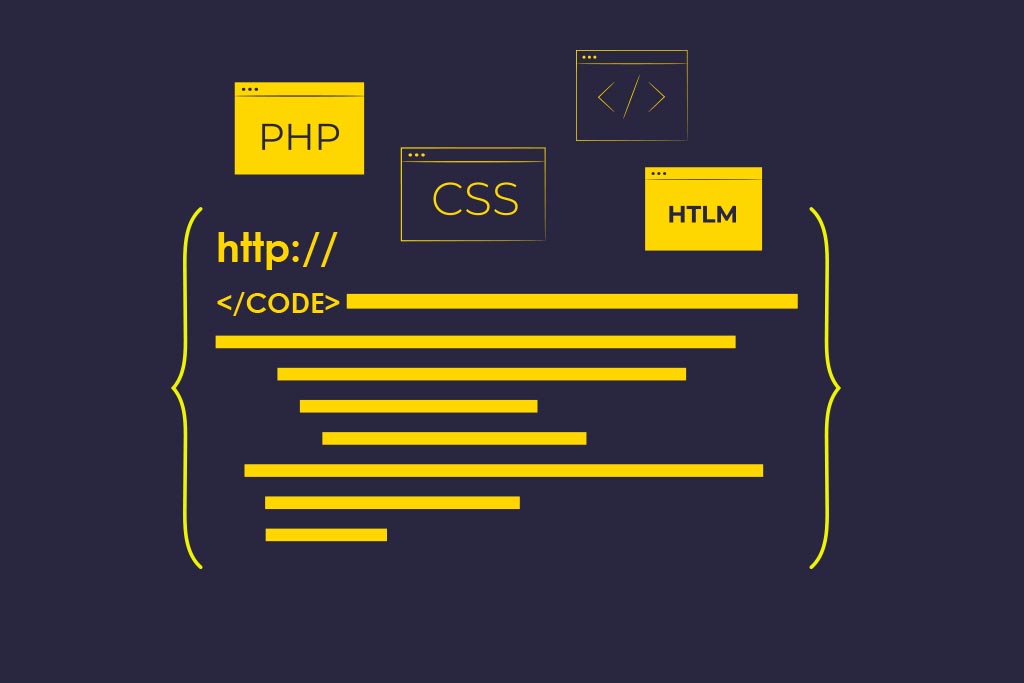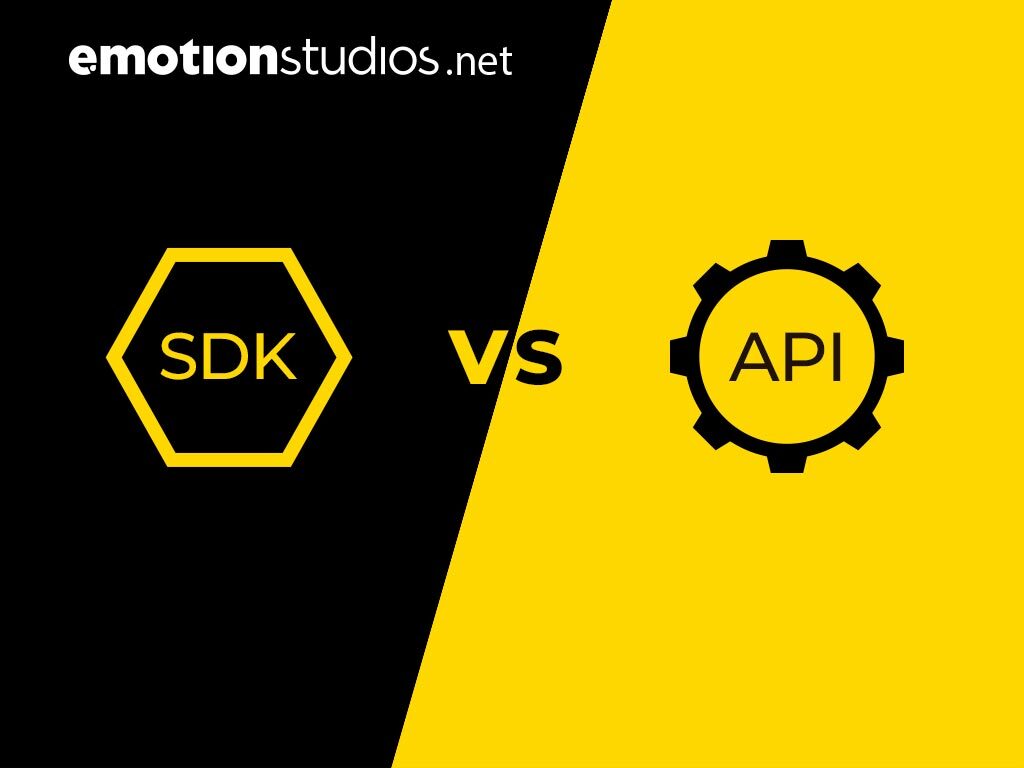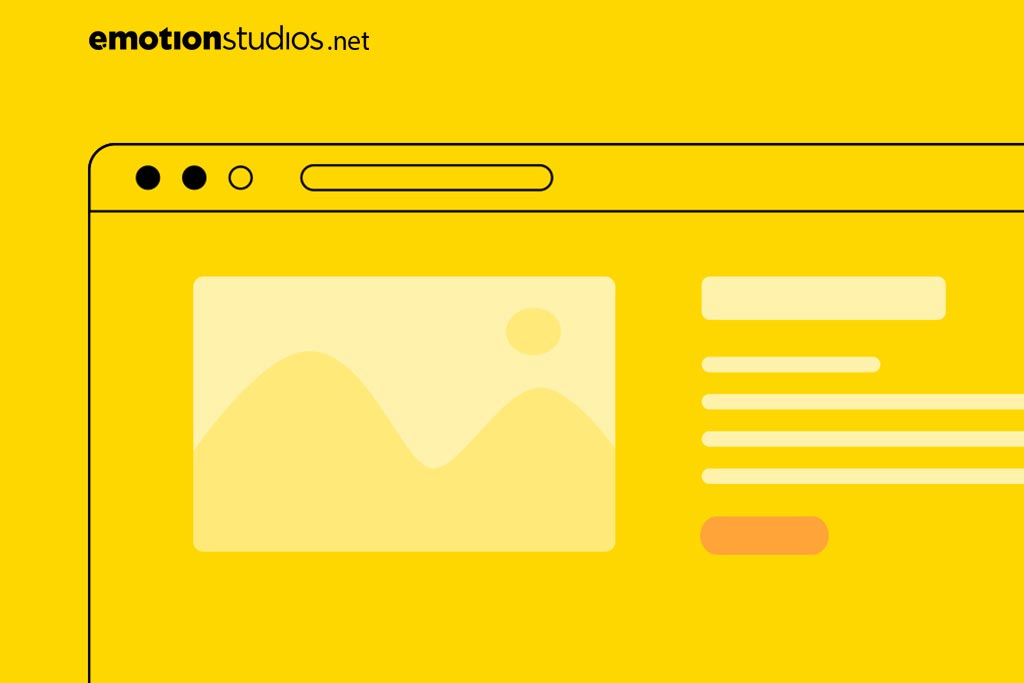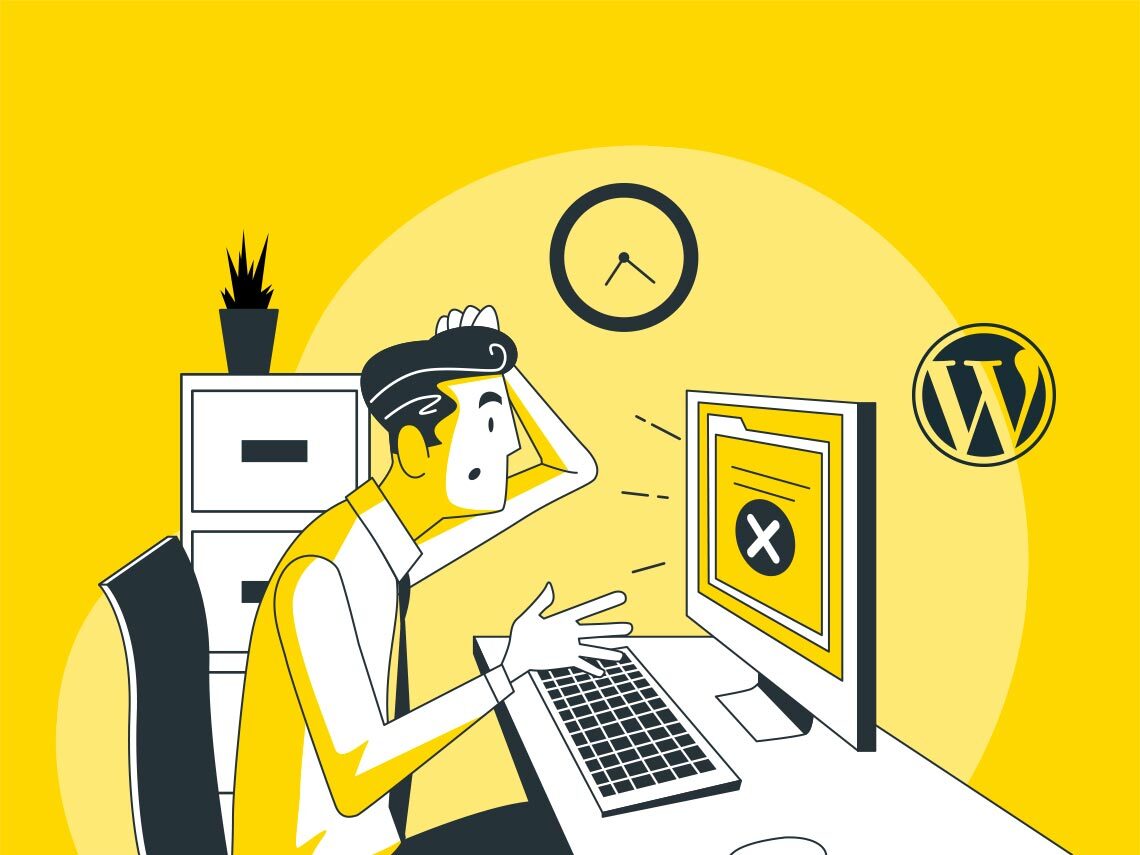In the age of digitalization, websites are indispensable to the well-being of a business. The digital presence of a brand might just keep it alive in a pinch. And if you don’t have a website, getting started with a new one for your business is a complex and quite difficult task, at first glance looking quite daunting. But everything starts with choosing the right hosting service.
But can you even do that? As vital as it is, choosing a hosting service has to take into consideration security, uptime- and down-time, support and so many other features that web hosting companies might offer. Too many options, other times almost no options, and sifting through the thousands of similar options requires time; time is money, money is pizza, and we don’t want to waste any bit of pizza.
So let’s take a look at a few tips that you consider when getting a new hosting service.
1. Understand your needs
You don’t need the beefiest hosting if you will have a simple presentation website that isn’t going to put a heavy load on the hosting server. Before jumping on board to the most expensive service on the market, you need to have at least a rough estimate of what/how many resources will be required to keep the site running. A very good starting point is approximating how many daily visitors there will be.
All of this will help you get a general understanding of things so your project, or rather, your project’s price, won’t skyrocket from the get go. At the same time, you won’t get the short end of the stick by getting a server that just can’t keep up with the amount of traffic that your site generates.
2. Security at the forefront
Nothing is more important than a secure site in this day and age, and choosing the right host will take care of half of your problems. So before partnering up with a certain host, check their track record, make sure that they have all the protocols needed against cyberattacks; firewall and data encryption should be a given, as well as offering an information redundancy system and constant backups of the site. You know, in case something goes awry.
As a side note, if you will be sharing customer data with your web host, make sure that they have GDPR compliance. Otherwise, you could be held responsible for sharing data with non-compliant third-parties.
3. Support is the most important
If things do go awry, customer support is first in line to help. Efficiency in offering support and assisting you is a key element that can make the difference between a crisis being solved quickly or your website being offline for hours, or even worse, days. Always check how customer support is for the service you are thinking of choosing then see what channels of contact they offer: live chat, over the phone, via email, etc.
4. What’s uptime, doc?
Uptime is the measure of system reliability, expressed as the percentage of time a machine, typically a computer, has been working and available. Meaning? It’s the time spent between clicking on a link and the target site not reacting, opening, doing what’s intended to do. It’s a crucial factor in determining the host, as uptime is taken as a factor in Google search rankings. A bad uptime means lower rankings, so aim for the perfect score, 100%. The closer to 100%, the better the service availability guarantees, so prioritize options that offer uptime of above 99%.
5. Think about scalability
We all plan to grow our businesses, so even if you don’t need an extensive plan right now, as your business will grow, so will your website needs. The hosting service chosen should give you options to scale up (or down!) without any problems and it should ensure a smooth transition from plan to plan. You shouldn’t be forced into changing your web host. Different plans accommodating different needs is a sign that that host is adaptable and reliable.
6. Loading Speed on the fast lane
Closely tied with uptime, loading speed is also very important when it comes to hosting. And just like uptime, the loading time affects the ranking on google searches, this time taking into consideration SEO. Google will always prioritize websites that load faster because it aims to offer the best experience for its users. And it’s true, your users should get the best experience while on your site so they will come back time and time again to consume your content, rather than to get annoyed by the website and abandon it.
7. Manage your content intuitively…
Everything that is on your site has to be managed by a higher “power” and that’s where a Content management system comes into play. CMS’s should also be taken into consideration when selecting a web host, as not all hosts are created equally and cannot support all the various CMS’s out there. You have plenty of options, you just have to choose what works for you. We personally recommend WordPress
8. …And deliver it with the best CDN
Content management systems go hand in hand with Content Delivery Networks, which, well, deliver your content. In a timely manner that is; and we’ve seen how important is speedy loading times both for you, your user and Google. CDN’s are vital in boosting the performance of your website as it allows for the quick transfer of assets needed for loading Internet content including HTML pages, javascript files, stylesheets, images, and videos. And while CDN does not replace a web hosting service, it does help with caching content for better performance, helps prevent interruptions in service and it improves security.
9. Store your worries away
The type, or better said, quantity of storage space needed for your website closely relates to the type of website you have. Is it interactive? Does it need to showcase lots of articles, PDF’s, publications or even images? Then it should have lots and lots of storage to accommodate the ever growing site. But, of course, it all depends on the site’s purpose, so splurge on memory or save some bucks on it, you decide.
10. Test the waters
Choosing a web host is nothing like a relationship, so you can leave commitment at the door. Many services offer free trial periods where you can test and get to know the provider, the service, and test everything you might need. This period is essential because it allows you to identify possible obstacles you might have not thought of before. So after that, if it doesn’t live up to your expectations, you can just leave with no repercussions.
In any case, having a web developer by your side is always a plus; someone with experience in the area is a plus, especially if you are a newbie in all things hosting and web. Take it as a guiding hand, even if you want to set things up yourself.
Need help with web hosting?
